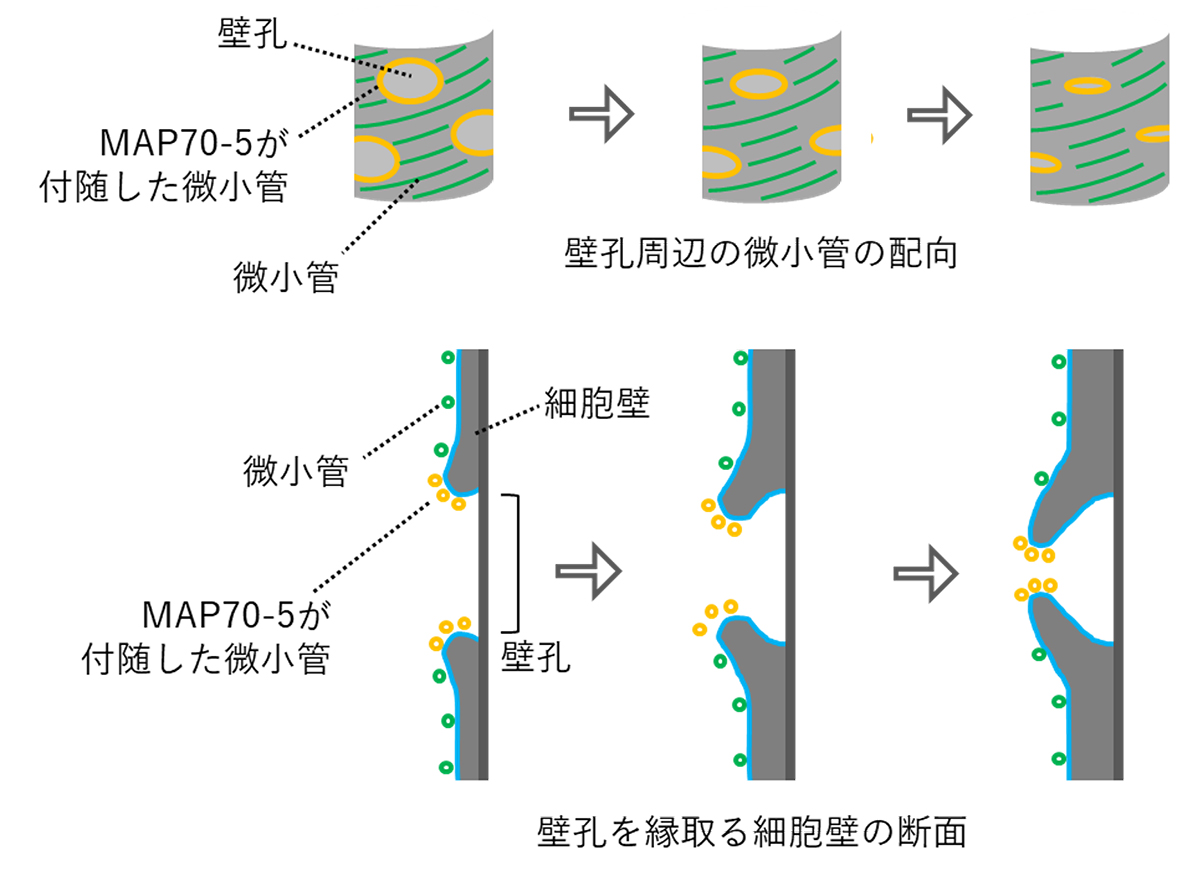2023-11-11 インペリアル・カレッジ・ロンドン(ICL)

◆ステント挿入により、プラセボ手続きを受けた患者と比較して、胸痛と運動能力が改善しました。ORBITA-2トライアルの結果によれば、アメリカとヨーロッパのガイドラインが更新されるべきだとされています。ステントの利用は、抗狭心症薬またはステント挿入の選択肢として患者や医療チームに提供され、ステント挿入は一部の患者にとって有益である可能性が示唆されました。
<関連情報>
- https://www.imperial.ac.uk/news/249437/heart-stents-offer-alternative-chest-pain/
- https://www.nejm.org/doi/full/10.1056/NEJMoa2310610
- https://www.thelancet.com/journals/lancet/article/PIIS0140-6736(17)32714-9/fulltext
安定狭心症に対する経皮的冠動脈インターベンションのプラセボ対照試験 A Placebo-Controlled Trial of Percutaneous Coronary Intervention for Stable Angina
Christopher A. Rajkumar, Michael J. Foley, Fiyyaz Ahmed-Jushuf, Alexandra N. Nowbar, Florentina A. Simader, John R. Davies, Peter D. O’Kane, Peter Haworth, Helen Routledge, Tushar Kotecha, Reto Gamma, Gerald Clesham, Rupert Williams, Jehangir Din, Sukhjinder S. Nijjer, Nick Curzen, Neil Ruparelia, Manas Sinha, Jason N. Dungu, Sashiananthan Ganesananthan, Ramzi Khamis, Lal Mughal, Tim Kinnaird, Ricardo Petraco, James C. Spratt, Sayan Sen, Joban Sehmi, David J. Collier, Afzal Sohaib, Thomas R. Keeble, Graham D. Cole, James P. Howard, Darrel P. Francis, Matthew J. Shun-Shin, and Rasha K. Al-Lamee, for the ORBITA-2 Investigators
New England Journal of Medicine Published:November 11, 2023
DOI: 10.1056/NEJMoa2310610
Abstract
BACKGROUND
Percutaneous coronary intervention (PCI) is frequently performed to reduce the symptoms of stable angina. Whether PCI relieves angina more than a placebo procedure in patients who are not receiving antianginal medication remains unknown.
METHODS
We conducted a double-blind, randomized, placebo-controlled trial of PCI in patients with stable angina. Patients stopped all antianginal medications and underwent a 2-week symptom assessment phase before randomization. Patients were then randomly assigned in a 1:1 ratio to undergo PCI or a placebo procedure and were followed for 12 weeks. The primary end point was the angina symptom score, which was calculated daily on the basis of the number of angina episodes that occurred on a given day, the number of antianginal medications prescribed on that day, and clinical events, including the occurrence of unblinding owing to unacceptable angina or acute coronary syndrome or death. Scores range from 0 to 79, with higher scores indicating worse health status with respect to angina.
RESULTS
A total of 301 patients underwent randomization: 151 to the PCI group and 150 to the placebo group. The mean (±SD) age was 64±9 years, and 79% were men. Ischemia was present in one cardiac territory in 242 patients (80%), in two territories in 52 patients (17%), and in three territories in 7 patients (2%). In the target vessels, the median fractional flow reserve was 0.63 (interquartile range, 0.49 to 0.75), and the median instantaneous wave-free ratio was 0.78 (interquartile range, 0.55 to 0.87). At the 12-week follow-up, the mean angina symptom score was 2.9 in the PCI group and 5.6 in the placebo group (odds ratio, 2.21; 95% confidence interval, 1.41 to 3.47; P<0.001). One patient in the placebo group had unacceptable angina leading to unblinding. Acute coronary syndromes occurred in 4 patients in the PCI group and in 6 patients in the placebo group.
CONCLUSIONS
Among patients with stable angina who were receiving little or no antianginal medication and had objective evidence of ischemia, PCI resulted in a lower angina symptom score than a placebo procedure, indicating a better health status with respect to angina. (Funded by the National Institute for Health and Care Research Imperial Biomedical Research Centre and others; ORBITA-2 ClinicalTrials.gov number, NCT03742050. opens in new tab.)
安定狭心症に対する経皮的冠動脈インターベンション(ORBITA):二重盲検無作為化比較試験 Percutaneous coronary intervention in stable angina (ORBITA): a double-blind, randomised controlled trial
Rasha Al-Lamee, David Thompson, Hakim-Moulay Dehbi, Sayan Sen,Kare Tang, John Davies, Thomas Keeble, Michael Mielewczik, Raffi Kaprielian, Iqbal S Malik, Sukhjinder S Nijjer, Ricardo Petraco, Christopher Cook, Yousif Ahmad, James Howard, Christopher Baker, Andrew Sharp, Robert Gerber, Suneel Talwar, Ravi Assomull, Jamil Mayet, Roland Wensel, David Collier, Matthew Shun-Shin, Simon A Thom, Justin E Davies, Darrel P Francis, on behalf of the ORBITA investigators
The Lancet Published:November 02, 2017
DOI:https://doi.org/10.1016/S0140-6736(17)32714-9
Summary
Background
Symptomatic relief is the primary goal of percutaneous coronary intervention (PCI) in stable angina and is commonly observed clinically. However, there is no evidence from blinded, placebo-controlled randomised trials to show its efficacy.
Methods
ORBITA is a blinded, multicentre randomised trial of PCI versus a placebo procedure for angina relief that was done at five study sites in the UK. We enrolled patients with severe (≥70%) single-vessel stenoses. After enrolment, patients received 6 weeks of medication optimisation. Patients then had pre-randomisation assessments with cardiopulmonary exercise testing, symptom questionnaires, and dobutamine stress echocardiography. Patients were randomised 1:1 to undergo PCI or a placebo procedure by use of an automated online randomisation tool. After 6 weeks of follow-up, the assessments done before randomisation were repeated at the final assessment. The primary endpoint was difference in exercise time increment between groups. All analyses were based on the intention-to-treat principle and the study population contained all participants who underwent randomisation. This study is registered with ClinicalTrials.gov, number NCT02062593.
Findings
ORBITA enrolled 230 patients with ischaemic symptoms. After the medication optimisation phase and between Jan 6, 2014, and Aug 11, 2017, 200 patients underwent randomisation, with 105 patients assigned PCI and 95 assigned the placebo procedure. Lesions had mean area stenosis of 84·4% (SD 10·2), fractional flow reserve of 0·69 (0·16), and instantaneous wave-free ratio of 0·76 (0·22). There was no significant difference in the primary endpoint of exercise time increment between groups (PCI minus placebo 16·6 s, 95% CI -8·9 to 42·0, p=0·200). There were no deaths. Serious adverse events included four pressure-wire related complications in the placebo group, which required PCI, and five major bleeding events, including two in the PCI group and three in the placebo group.
Interpretation
In patients with medically treated angina and severe coronary stenosis, PCI did not increase exercise time by more than the effect of a placebo procedure. The efficacy of invasive procedures can be assessed with a placebo control, as is standard for pharmacotherapy.
Funding
NIHR Imperial Biomedical Research Centre, Foundation for Circulatory Health, Imperial College Healthcare Charity, Philips Volcano, NIHR Barts Biomedical Research Centre.


